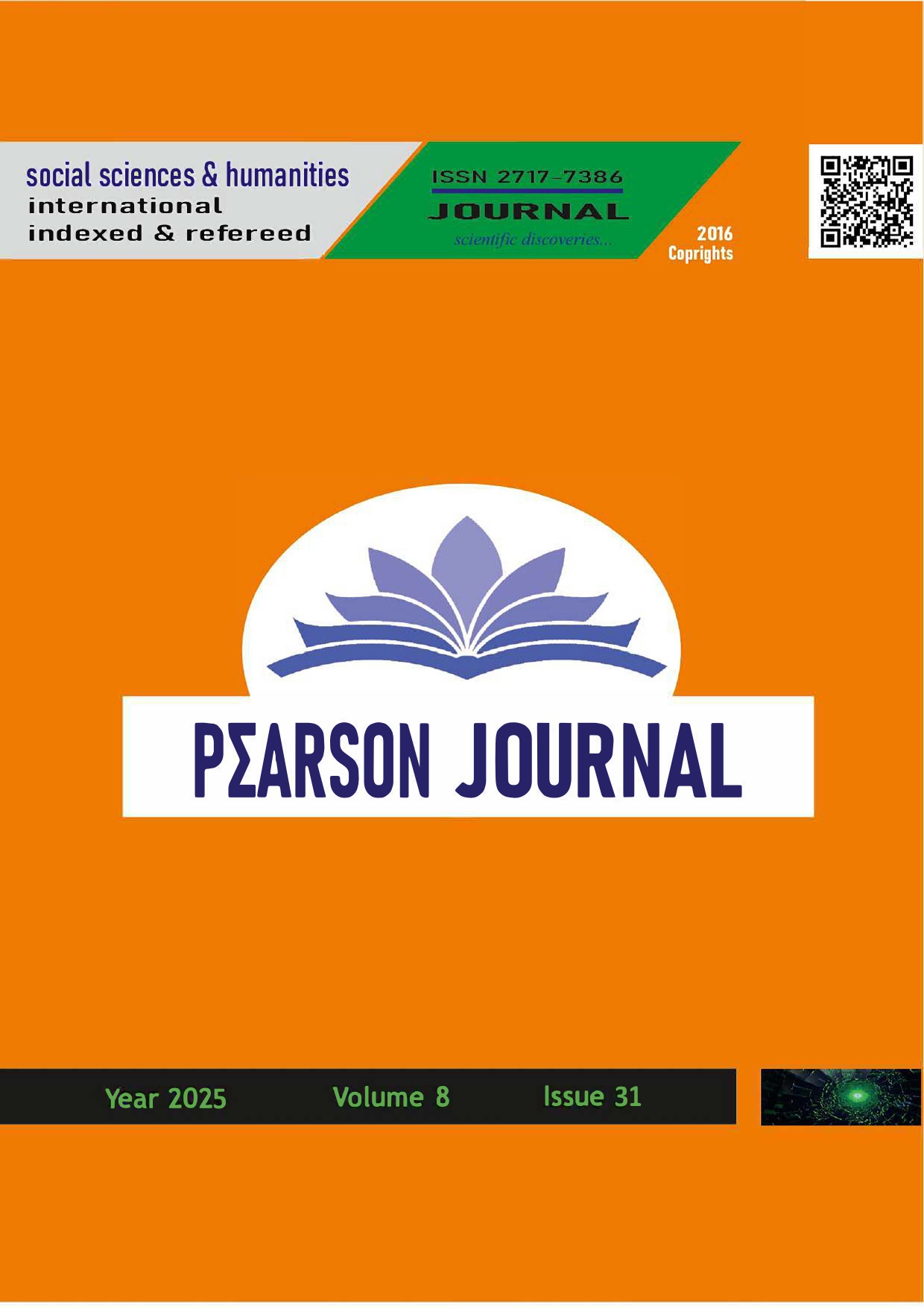Yeme Bozukluğunda Bilişsel Davranişçi Terapi Olgu Sunumu
DOI:
https://doi.org/10.5281/zenodo.14955948Anahtar Kelimeler:
Psikoloji, Yeme Bozukluğu, Bilişsel Davranışçı Terapi.Özet
Bu çalışma DSM-5 tanı kriteri dikkate alınarak uygulanmıştır. Belirtileri gösteren danışan 38 yaşında ve kadındır. Uygulanan seanslar bilişsel davranışçı ekolüne göre yapılmıştır. Danışan uzun zamandır yaşadığı yeme ataklarından dolayı kilo alıp verdiğini belirtmiştir. Sinir duygusuyla gelen bilinçsiz bir şekilde yemek yediğini ve sonrasında mutsuz olduğunu belirtmiştir. Danışan daha öncede diyetisyen ve psikolog ile görüştüğünü iletmiştir. Bir süre ara verdiğini sonrasında tekrarlayan yeme ataklarıyla terapi almaya karar vermiştir. Öncelikle danışana bilişsel davranışçı terapi hakkında bilgi verilmiştir, sürecin nasıl ilerleyeceği hakkında bilgilendirilmiş ve terapinin durumu hakkında psikoeğitim verilmiştir. Öncelikle danışan ile terapötik ilişkinin ilerlemesi sağlanmıştır. Terapinin seyri ise öncesinde bilişsel açıdan işlenmiştir. Bilişsel kapsamda danışanın otomatikleşen düşünceleri ve esas kanıları belirlenmiştir. Bilişsel açıdan sonra ise davranış işlenmiştir. Davranışa uygun açıdan davranış modelleri kullanılmıştır. Matrix modeli uygulanmıştır. Bilişsel davranışçı terapi ile danışanda oluşan mutsuzluk, pişmanlık, suçluluk duyguları üzerinde anlamlı kazanımlar elde edilmiştir.
Referanslar
Alantar, Z., & Maner, F. (2008). Bağlanma kuramı açısından yeme bozuklukları. Anadolu Psikiyatri Dergisi, 9, 97-104.
Çakır, E. ve Kızılkaya, M. (2021). Lise Son Sınıf Öğrencilerinde Yeme Bağımlılığını ve Kayı Düzeyini Etkileyen Faktörler. Medical Sciences, 6(3)159-170.
Güven, N., Özlü, T., Kenger, E. B., Tümer, H., & Ergün, C. (2020). Anoreksiya Nervoza ve Tıkınırcasına Yeme Bozukluğunu Bir Yıl Ara ile Yaşamak; Olgu Sunumu. Süleyman Demirel Üniversitesi Sağlık Bilimleri Dergisi, 11(2), 279-281.
Olivy, J., & Herman, C.P. (2002). Causes of eating disorders. Annual Review of Psychology, 53, 187-213.
Murray, C., Waller, G., & Legg, C. (2000). Family Dysfunction and Bulimic Psychopathology: The Mediating Role of Shame. International Journal of Eating Disorders, 28(1), 84-89.
Yıldırım, A., Aşılar, R. H., Karakurt, P., Çapık, C., & Kasımoğlu, N. (2018). Üniversite Öğrencilerinde Depresif Belirti, Yalnızlık ve Yeme Tutumu Arasındaki İlişkinin Sosyodemografik Özelliklerle Birlikte İncelenmesi. Turkish Journal of Family Medicine and Primary Care,12(4), 264- 274.
İndir
Yayınlanmış
Nasıl Atıf Yapılır
Sayı
Bölüm
Lisans
Telif Hakkı (c) 2025 PEARSON JOURNAL

Bu çalışma Creative Commons Attribution 4.0 International License ile lisanslanmıştır.


